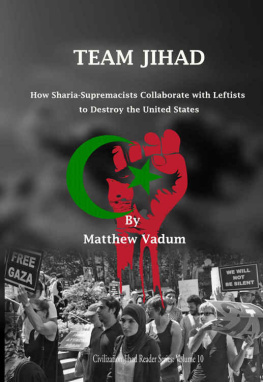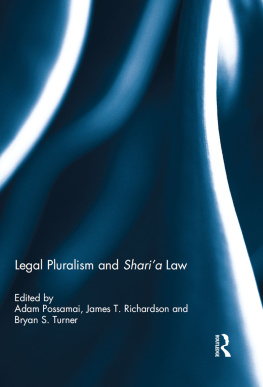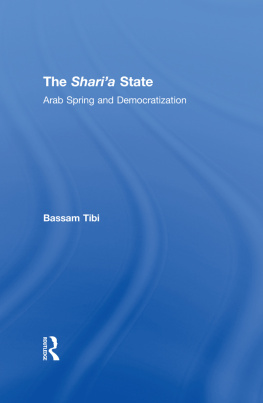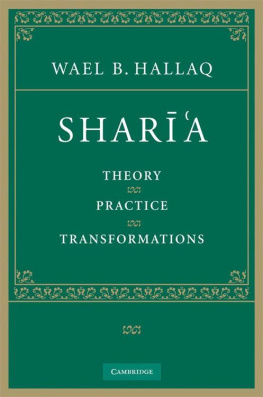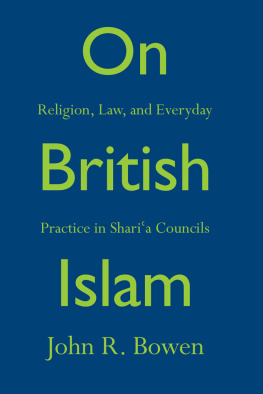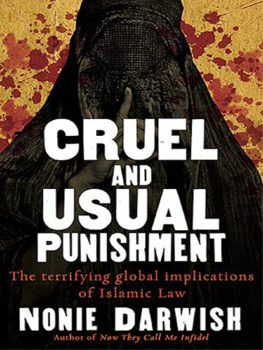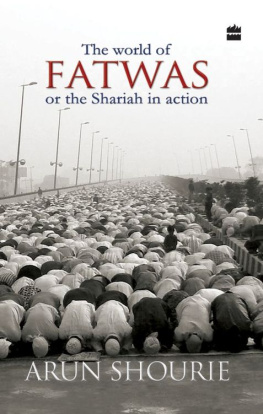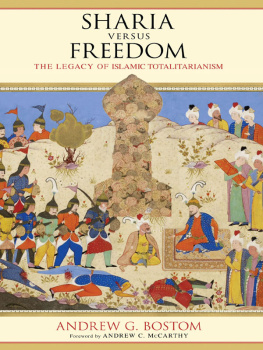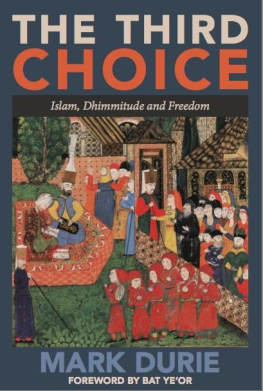
CRITICAL DIALOGUES IN SOUTHEAST ASIAN STUDIES
Charles Keyes, Vicente Rafael, and Laurie J. Sears, Series Editors
CRITICAL DIALOGUES IN SOUTHEAST ASIAN STUDIES
This series offers perspectives in Southeast Asian Studies that stem from reconsideration of the relationships among scholars, texts, archives, field sites, and subject matter. Volumes in the series feature inquiries into historiography, critical ethnography, colonialism and postcolonialism, nationalism and ethnicity, gender and sexuality, science and technology, politics and society, and literature, drama, and film. A common vision of the series is a belief that area studies scholarship sheds light on shifting contexts and contests over forms of knowing and modes of action that inform cultural politics and shape histories of modernity.
Imagined Ancestries of Vietnamese Communism: Ton Duc Thang and the Politics of History and Memory, by Christoph Giebel
Beginning to Remember: The Past in the Indonesian Present, edited by Mary S. Zurbuchen
Seditious Histories: Contesting Thai and Southeast Asian Pasts, by Craig J. Reynolds
Knowing Southeast Asian Subjects, edited by Laurie J. Sears
Making Fields of Merit: Buddhist Female Ascetics and Gendered Orders in Thailand, by Monica Lindberg Falk
Love, Passion and Patriotism: Sexuality and the Philippine Propaganda Movement, 18821892, by Raquel A. G. Reyes
Gathering Leaves and Lifting Words: Histories of Buddhist Monastic Education in Laos and Thailand, by Justin Thomas McDaniel
The Ironies of Freedom: Sex, Culture, and Neoliberal Governance in Vietnam, by Thu-hng Nguyn-v
Submitting to God: Women and Islam in Urban Malaysia, by Sylva Frisk
No Concessions: The Life of Yap Thiam Hien, Indonesian Human Rights Lawyer, by Daniel S. Lev
The Buddha on Meccas Verandah: Encounters, Mobilities, and Histories along the Malaysian-Thai Border, by Irving Chan Johnson
Dreaming of Money in Ho Chi Minh City, by Allison Truitt
Mapping Chinese Rangoon: Place and Nation among the Sino-Burmese, by Jayde Lin Roberts
The New Way: Protestantism and the Hmong in Vietnam, by Tm T. T. Ng
Imperial Bandits: Outlaws and Rebels in the China-Vietnam Borderlands, by Bradley Camp Davis
Living Sharia: Law and Practice in Malaysia, by Timothy P. Daniels
LIVING SHARIA
Law and Practice in Malaysia
TIMOTHY P. DANIELS
Living Sharia is published with the assistance of a grant from the Charles and Jane Keyes Endowment for Books on Southeast Asia, established through the generosity of Charles and Jane Keyes.
Copyright 2017 by the University of Washington Press
Printed and bound in the United States of America
Composed in Minion Pro, typeface designed by Robert Slimbach
21 20 19 18 17 5 4 3 2 1
All photos and charts by author unless otherwise noted.
Map of Malaysia by Pease Press Maps, based on Administrative Divisions of Malaysia. 1:11,000,000. Washington, DC: Central Intelligence Agency, 1998. Courtesy of the University of Texas Libraries, University of Texas at Austin.
All rights reserved. No part of this publication may be reproduced or transmitted in any form or by any means, electronic or mechanical, including photocopy, recording, or any information storage or retrieval system, without permission in writing from the publisher.
University of Washington Press
www.washington.edu/uwpress
Library of Congress Cataloging-in-Publication Data
Names: Daniels, Timothy P., 1960author.
Title: living Sharia : law and practice in Malaysia / Timothy P. Daniels.
Description: Seattle : University of Washington Press, [2017] | Series: Critical dialogues in Southeast Asian studies | Includes bibliographical references and index.
Identifiers: LCCN 2017007243 (print) | LCCN 2017008658 (ebook) | ISBN 9780295742540 (hardcover : alk. paper) | ISBN 9780295742557 (pbk. : alk. paper) | ISBN 9780295742564 (ebook)
Subjects: LCSH: Islamic lawMalaysia. | IslamSocial aspectsMalaysia. | Islam and politicsMalaysia.
Classification: LCC KPG469.5 .D36 2017 (print) | LCC KPG469.5 (ebook) | DDC 346.59501/5dc23
LC record available at https://lccn.loc.gov/2017007243
The paper used in this publication is acid-free and meets the minimum requirements of American National Standard for Information SciencesPermanence of Paper for Printed Library Materials, ANSI Z39.481984.
To Rachida, Yusuf, and Aisha
CONTENTS
ACKNOWLEDGMENTS
THIS PROJECT EMERGED FROM PREVIOUS RESEARCH PERIODS IN Indonesia and Malaysia during which the growing relevance of Islamic law and ethics to public discourses and everyday lives became increasingly apparent to me. I would like to thank the Wenner-Gren Foundation for Anthropological Research for its kind financial support of my research project titled Local Shariah Regulations and Contested Implementation, conducted for six months during 2010 and 2011. I also thank Hofstra University for faculty research grants supporting summer research on this project during 2011 and 2012 and academic leaves in 2010 and 2015. I am grateful for the institutional support I received from the Universiti Sains Malaysia and its Islamic Studies Section that served as my Malaysian sponsor and academic home during this research endeavor. Their assistance in applying for my research visa and providing letters of introduction to libraries, government officials, and sharia courts was indispensable.
Special thanks go out to all my Malaysian interlocutors, including street vendors, taxi drivers, Muslim worshipers, mosque speakers, students, store workers, political activists, NGO members, sharia court judges, and Muslim scholars in government think tanks and departments. Of course, without these discussions, interviews, and welcomed participation, this project would have been impossible. After returning from these productive periods of fieldwork research I organized two panels, one at the annual Association for Asian Studies meeting in Philadelphia during March 2014 and the other at the American Anthropological Association meeting in Washington, DC, during December 2014. I acknowledge the Sharia Dynamics panel participants and volume contributors Norhafsah Hamid, Matthew S. Erie, Omer Awass, Ahmad Najib Burhani, Robert W. Hefner, James D. Frankel, Laura Elder, Wajeeha Ameen Malik, Charles Allers, David J. Banks, Meryem Zaman, and Sarah Eltantawi for stimulating discussion and astute work. I also thank the Critical Dialogues in Southeast Asian Studies series editors, anonymous reviewers, and Ustadha Zaynab Ansari for their insightful comments on an earlier draft of this book. I am grateful to Jacob Wilson Zucker and Monica M. Yatsyla from the Hofstra Faculty Support Center for their technical assistance. Final thanks go out to my wife, Rachida, and our children, Yusuf and Aisha, for their inspiration and patience as I produced this text.
NOTE ON TRANSCRIPTION
IN GENERAL, MY TRANSCRIPTION OF SPOKEN AND WRITTEN MALAY and Arabic terms and phrases follows local usage. Key Malay terms in translated segments are rendered as written or spoken in the original texts or statements. When quoting Malay sources, I use the spelling


